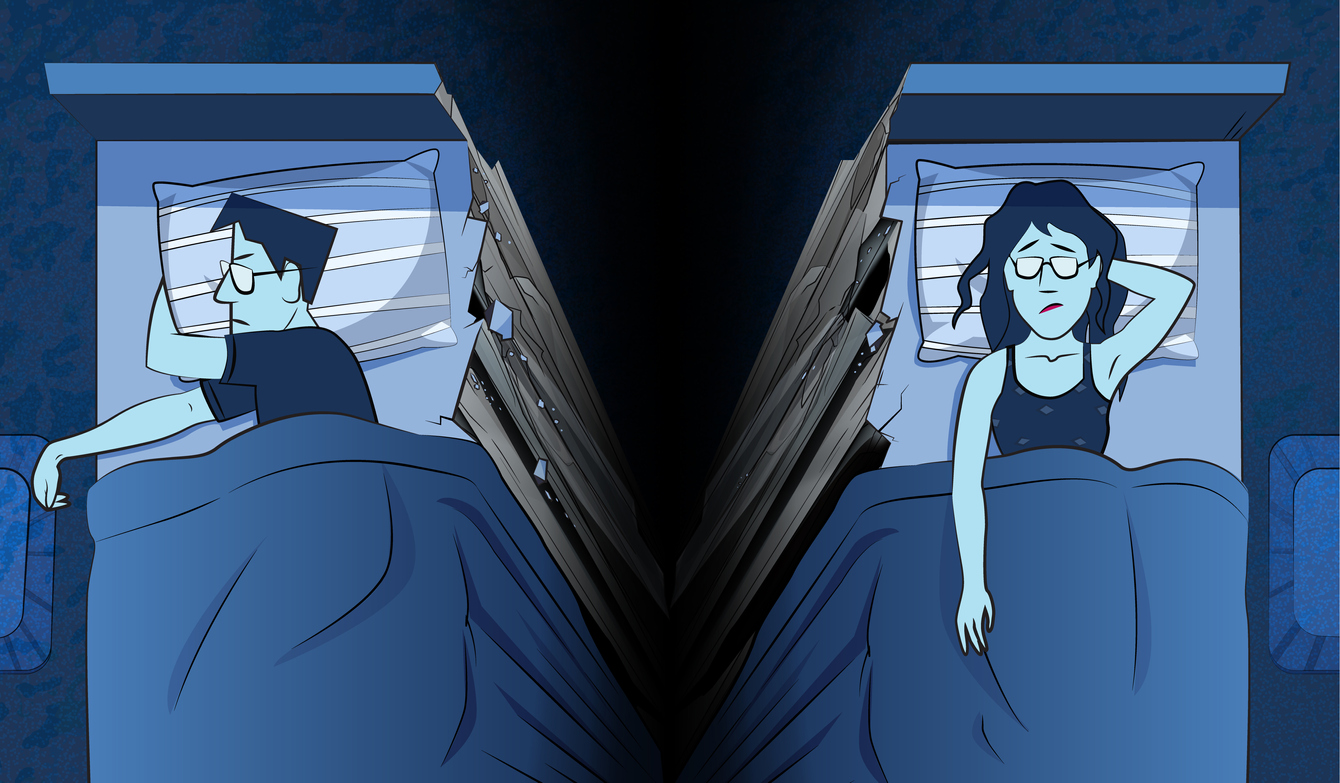
Not sleeping together can potentially contribute to marital issues, but it’s essential to understand that it is not the sole or even the primary cause of divorce. Many factors can lead to divorce, and sleeping arrangements are just one small part of a much larger picture. Here are some ways in which not sleeping together could potentially contribute to marital problems and ultimately divorce:
- Emotional distance: Sharing a bed can be an intimate and bonding experience for couples. Not sleeping together may result in emotional distance and a lack of physical and emotional connection, which can strain the relationship over time and ultimately cause divorce.
- Communication breakdown: When couples sleep separately, they may have fewer opportunities for intimate conversations and non-verbal communication. This can lead to communication breakdown and misunderstandings and ultimately divorce.
- Reduced intimacy: A lack of physical intimacy can result from sleeping apart, which can lead to feelings of neglect, frustration, and a decrease in the overall satisfaction within the marriage and ultimately divorce.
- Different sleep schedules: If one partner prefers to stay up late and the other wants to go to bed early, it can disrupt their sleep schedules and result in less quality time spent together. Over time, this misalignment can cause tension in the relationship and ultimately divorce.
It’s important to note that many couples have legitimate reasons for not sharing a bed, such as medical conditions, sleep disorders, or personal preferences. In some cases, separate bedrooms can even improve a relationship by ensuring both partners get better sleep.
If you are concerned about how your sleeping arrangements are affecting your marriage, it’s crucial to communicate openly with your partner and consider seeking professional help through couples therapy or counseling. Marital issues are often multifaceted, and addressing them requires understanding and addressing a range of factors, not just where you sleep.




